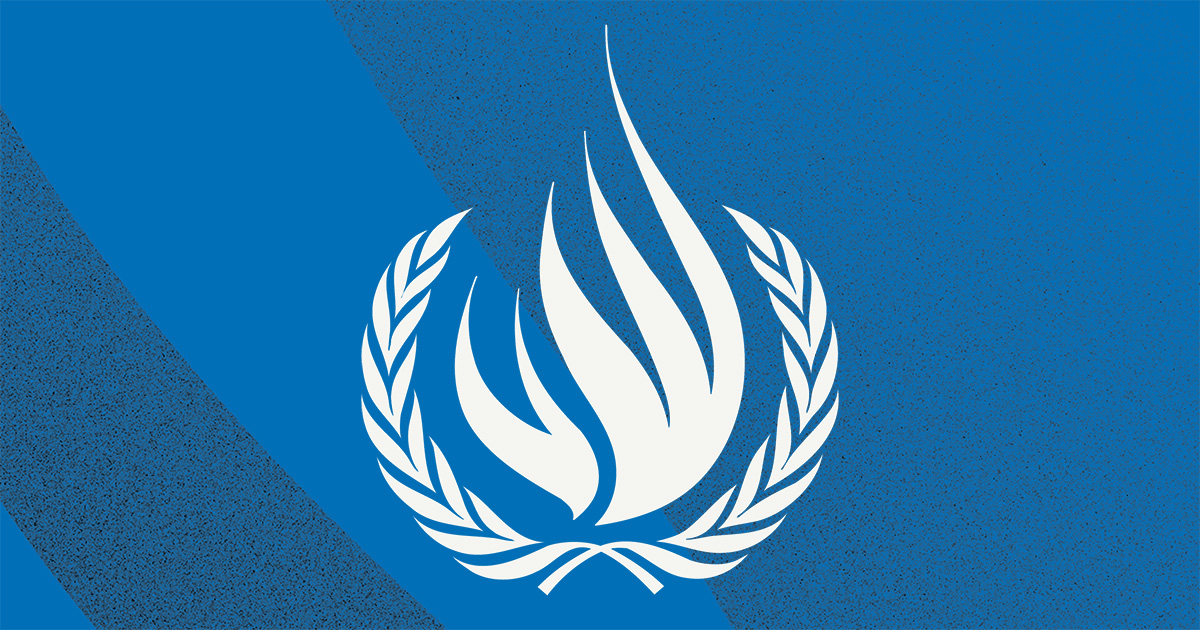
Relations between the UK and China are cooling sharply amid the most serious political unrest in Hong Kong for decades. While this is a headache for Beijing, the overall challenge may be even greater for London in the context of its post-Brexit dependence on growing trade ties with fast growing economies in Asia and beyond.
The Hong Kong protesters have been squarely defended by Jeremy Hunt and Boris Johnson, the two candidates to be leader of the British Conservative Party, and almost certainly prime minister shortly thereafter. Foreign Secretary Hunt, for instance, called on Beijing not to use the protests against a proposed Hong Kong law allowing for extradition to mainland China as a “pretext for repression.”
Despite their rhetoric, Hunt and Johnson both know relations went into a deep freeze in 2012 when David Cameron, then prime minister, offended Beijing by meeting the Dalai Lama. That is why the governments of both Cameron and Theresa May ratcheted down human-rights concerns about China, and relations entered a “golden era” after Xi Jinping’s visit to the UK in 2015.
While this stance is not without its critics — including Labour Party leader Jeremy Corbyn, who raised human-rights issues with Xi during his visit — Conservative ministers have increasingly taken the view that enhancing ties with Beijing is in the national interest. They expect Xi to be in power well into the 2020s, and believe there is an opportunity to develop a relationship that could make a significant contribution to UK prosperity for a generation.
However, it is not only Corbyn but also Washington which has raised concerns about the degree to which London is perceived to be cosying up to Beijing, especially under the Cameron government when finance minister George Osborne pledged to make the UK “China’s best partner in the West.” Feathers were ruffled in the Obama administration when the UK became a founder member of the Asian Infrastructure Investment Bank (AIIB), championed by Beijing as an alternative to the World Bank.
Beijing’s trillion-dollar Belt and Road infrastructure project may constitute a new area of dispute between London and Washington. After Italy this year became the first G7 nation to endorse the plan, much to the alarm of the Trump team, China is looking for other key nations to support it, and finance minister Philip Hammond attended the Belt and Road Summit in Beijing in April.
Conservative ministers have increasingly taken the view that enhancing ties with Beijing is in the national interest. They expect Xi to be in power well into the 2020s, and believe there is an opportunity to develop a relationship that could make a significant contribution to UK prosperity for a generation.
Andrew Hammond
As these examples underline, economics has assumed even higher importance in bilateral relations in recent years. In the context of Brexit, London is putting ever greater emphasis on consolidating trade ties with non-EU nations, as underscored by recent trips to China by ministers including May and Hammond.
The UK already receives more Chinese direct investment than any other EU country, and is one of Beijing’s top three trade partners in Europe. China is also one of the UK’s top non-EU trade partner.
Security issues are a growing part of the agenda too. The two nations recently celebrated the 45th anniversary of the China-UK diplomatic relationship, and Beijing has sought to expand military cooperation with London — including, for the first time, the dispatch of warships to London for a tour in 2018.
However, on the security agenda too there are tensions for London to manage. In February, for instance, a trip by Hammond to Beijing was canceled after a speech by Gavin Williamson, defense minister at the time, was perceived by Chinese officials as saber-rattling; Williamson asserted that London could deploy an aircraft carrier in disputed waters in the Pacific for its first operational cruise in 2021.
Public confirmation of the London-Beijing spat came when the Chinese ambassador used a rare press conference to condemn UK “interference” in Hong Kong, and was summoned to the Foreign Office to have China’s obligations under the 1984 Sino-British Declaration on Hong Kong explained to him.
The Chinese technology giant Huawei could also be a source of tension. Security officials in Washington have threatened to limit intelligence sharing if the UK allows Huawei to build part of its 5G high-speed mobile network, because they believe the company would be obliged to pass sensitive information to the Chinese government. This decision, a key one for Johnson or Hunt as the next prime minister, is another example of the high-stakes diplomatic balancing act for London, given its desire for closer economic ties with Beijing after it leaves the EU.












